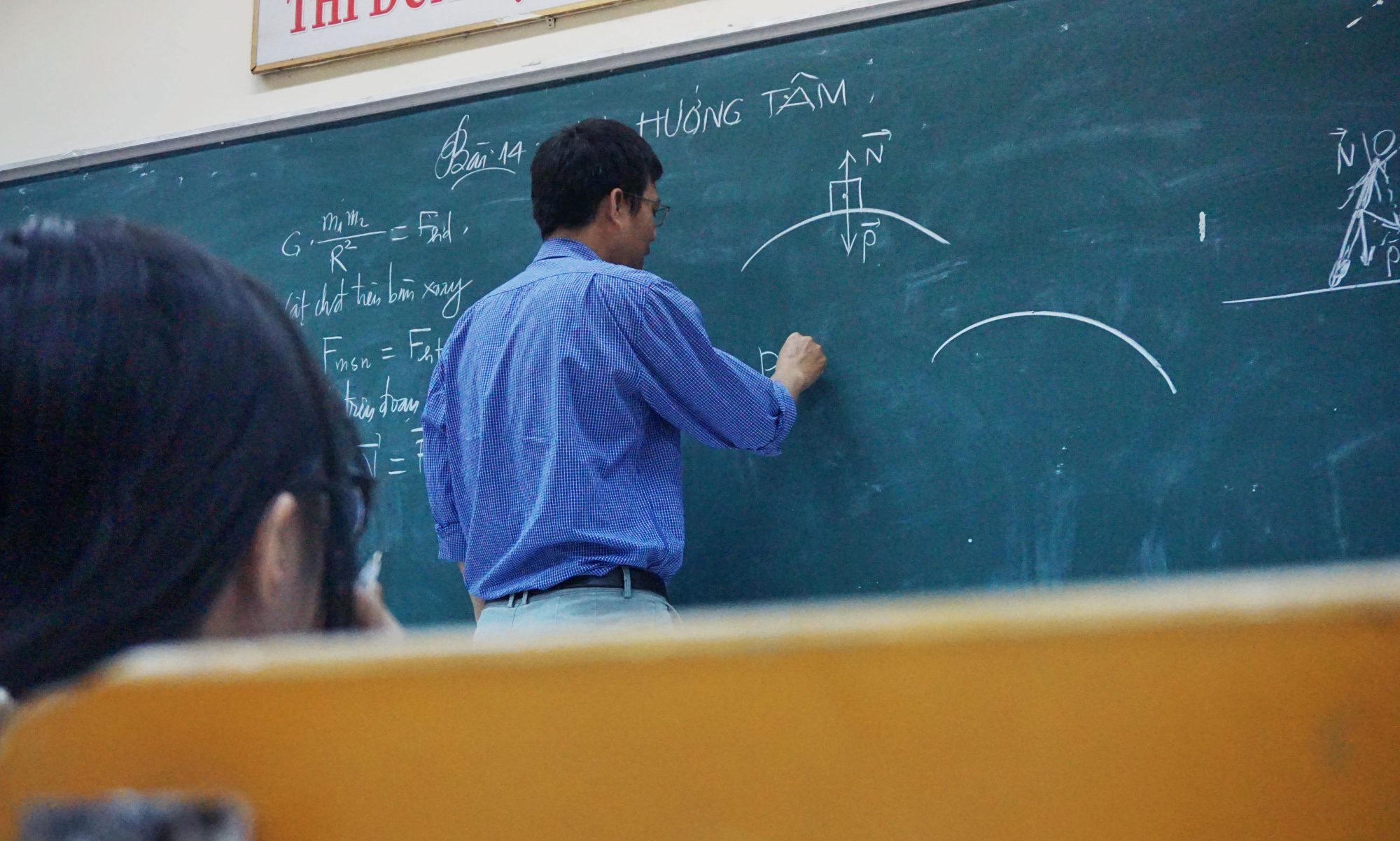As a future educator, I am keenly aware of the purpose of education, which is not just about giving students knowledge, but supporting the development of their personalities. To do that, teachers themselves need to be well-prepared and, importantly, stay up-to-date with global developments.
These days, STEM (Science, Technology, Engineering, and Mathematics) education is on the rise globally. The benefits brought by STEM education compel me to gain a deeper understanding of this teaching method.
Recently, I was given the opportunity to learn about MII-STEM, an international research project which aims to improve the quality of teacher education in STEM across Southeast Asia. Without any hesitation, I signed up for the project because I believed that it would be amazing and valuable experience. And I was right.
The highlight of the course is that it is so up-to-date. Every piece of information and message conveyed in the course is selected carefully from trustworthy sources, and most of them are from new research. As a result, my understanding of STEM education has significantly broadened and diversified.
Before the course, I had some misunderstandings such as thinking that STEM education is all about making science products. However, after taking the course, I now have a broader and multidimensional perspective.
I was also introduced to many useful multidisciplinary topics and ways to apply these and develop them to different contexts. Furthermore, directly experiencing, designing and organising STEM lessons under the guidance of professors in the field supported me greatly to achieve a panoramic picture of STEM education.
Besides helping to expand my understanding of STEM, the course was also a great opportunity for me to meet and make friends with many talented students who share this similar interest.
In conclusion, I highly recommend MII-STEM to anyone who wants to deepen their understanding of STEM education. Lastly, I want to say “thank you” to Prof.Bien, as well as the MII-STEM team, for providing me with this great experience that will support my path of becoming a good teacher in the future.
Dat Nguyen Duc
Third-year student
Physics faculty
Hanoi National University of Education
